

New Employee Awareness Survey 2025: Insights on Job Values and Attitudes
Insights from the New Employee Awareness Survey 2025
As the COVID-19 pandemic settles, and with a competitive job market, new employees entering the workforce in 2025 exhibit distinct attitudes towards work and their careers, as revealed by the recent survey conducted by ALL DIFFERENT Inc. and the Learning Innovation Research Institute. This survey, which gathered responses from 3,933 new hires between March 25 and April 24, 2025, provides a comprehensive look into their values and expectations.
Key Findings
1. Desire for Stability Over Personal Growth
A striking 65.6% of the respondents expressed that their primary goal through work is to achieve "a stable life," marking a record high in preference for job stability. Meanwhile, only 50.1% indicated a desire for "personal growth," the lowest percentage recorded in this category. This shift towards stability has increased notably since 2019 when only 54.3% prioritized a stable life.
2. Preference for Meaningful Work
When asked about the type of work they wish to pursue, an impressive 69.1% stated their desire for jobs that are "fun and rewarding." Other preferences included jobs that lead to personal development (41.4%) and enjoyable roles (35.3%). Over the past seven years, the desire for meaningful work has persevered at the forefront of new hires' priorities.
3. Work-Life Balance
Regarding their work hours, 44.6% of new employees expressed a preference to "leave on time," a significant increase of 17.2 percentage points compared to 2014. Only 11.3% wish to work extensively for the sake of growth, indicating a shift in focus towards work-life balance among the younger workforce.
4. Shifting Focus to Private Life
About 26.6% of newcomers prioritized "balancing work with private life," and an astonishing 18.5% advocated for "private life first," four times higher than in 2014. This shift is reflective of a generation that has faced various challenges during their academic years due to the pandemic, fostering a deeper appreciation for personal time and space.
5. Challenges in Interpersonal Interactions
When evaluating interpersonal dynamics, it was found that 49.2% of respondents identified as struggling to decline requests from others. As this rate has risen over the past 12 years, it raises concerns about the increasing pressure that new employees feel in their social interactions within the workplace.
6. Coping Mechanisms for Problem-Solving
The survey explored the behavioral tendencies of new employees when dealing with challenges. Approximately 46.2% prefer to ponder solutions independently, while 14.4% admitted to bottling up unresolved issues. This finding suggests a concerning trend where younger employees may withhold their difficulties rather than seek assistance.
Conclusion
The insights gleaned from the 2025 New Employee Awareness Survey reveal a generation driven by the pursuit of stability and job satisfaction rather than personal development. While this inclination towards stability is not intrinsically negative, it indicates a need for organizations to adapt their approaches in fostering environments conducive to growth and engagement. Facilitating open communication and encouraging problem-solving skills will be essential to nurture a workforce that feels both secure and empowered to develop.
Expert Analysis
In light of the survey findings, experts emphasize the importance of encouraging growth-oriented mindsets among new employees. Providing supportive channels for communication is crucial in preventing the isolation and stress that often accompany contemporary workplaces. Training programs that emphasize effective problem-solving skills can also help bridge the gap between seeking stability and achieving personal growth. Developing a culture that recognizes and values incremental achievements will not only enrich an employee's experience but also drive organizational success in the long run.
As companies navigate this changing landscape, it will be vital to understand the aspirations and challenges facing the new workforce, crafting policies and practices that support their journey while aligning with broader organizational goals.

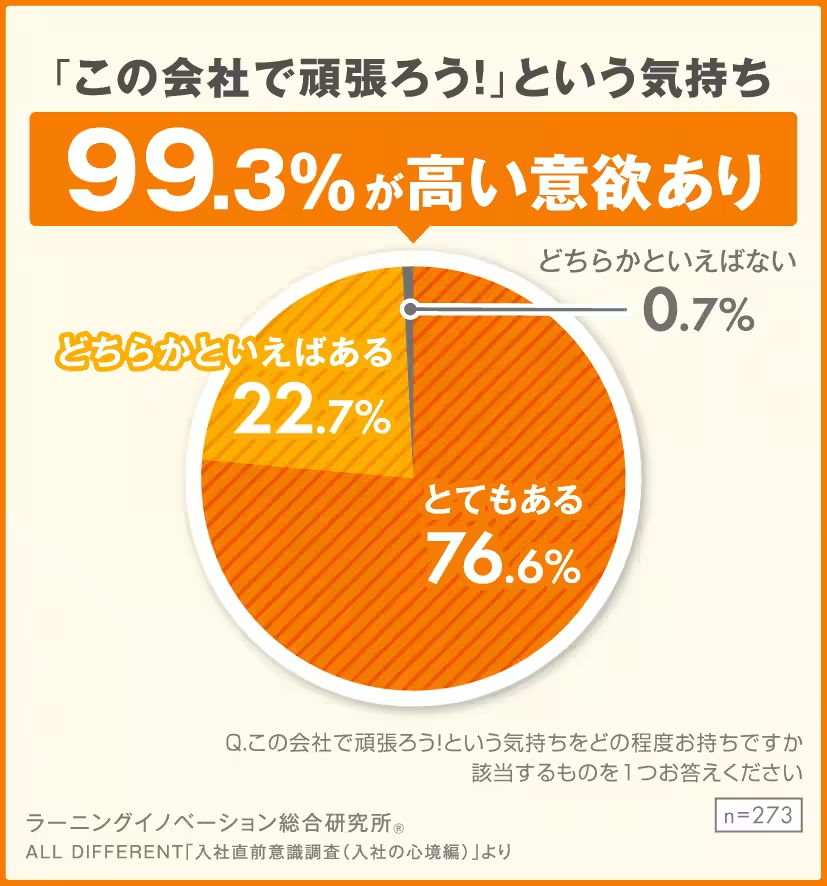
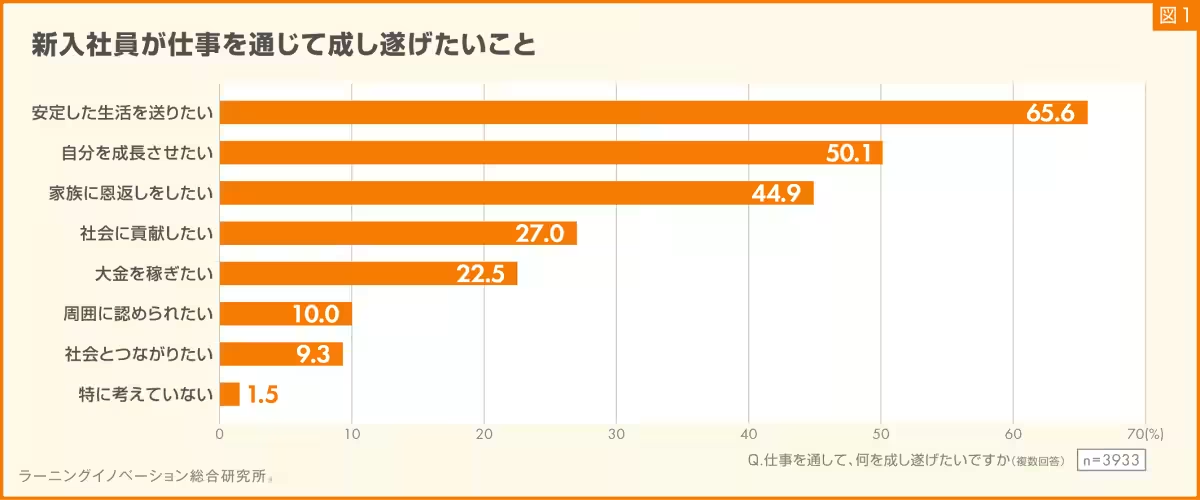
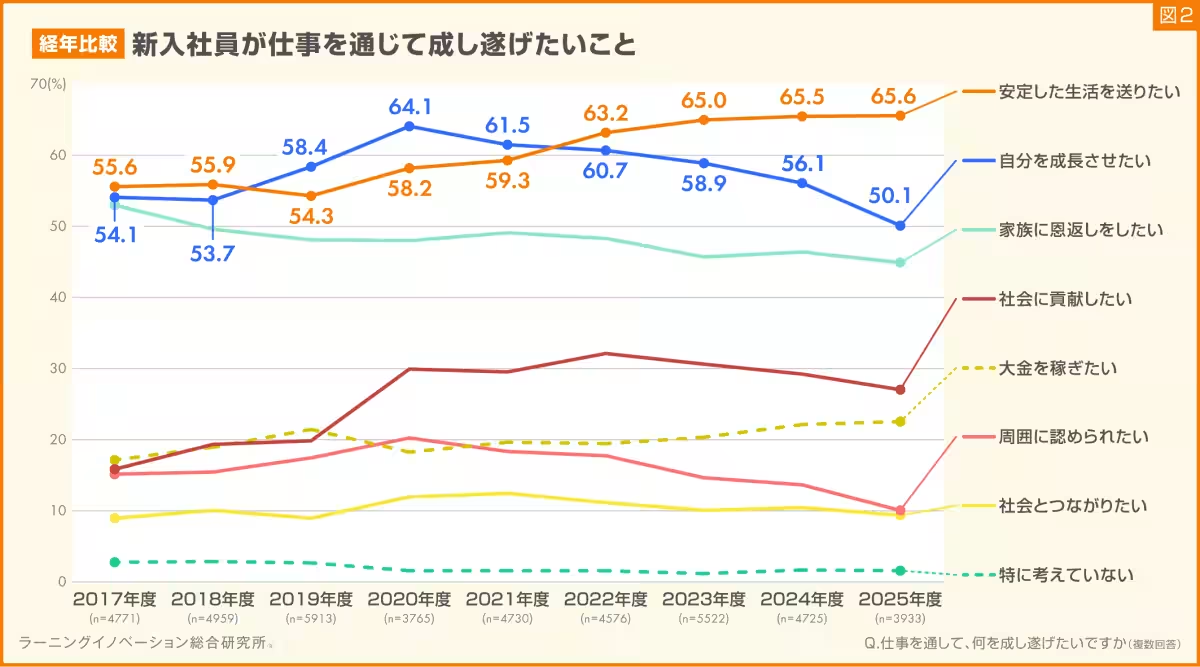
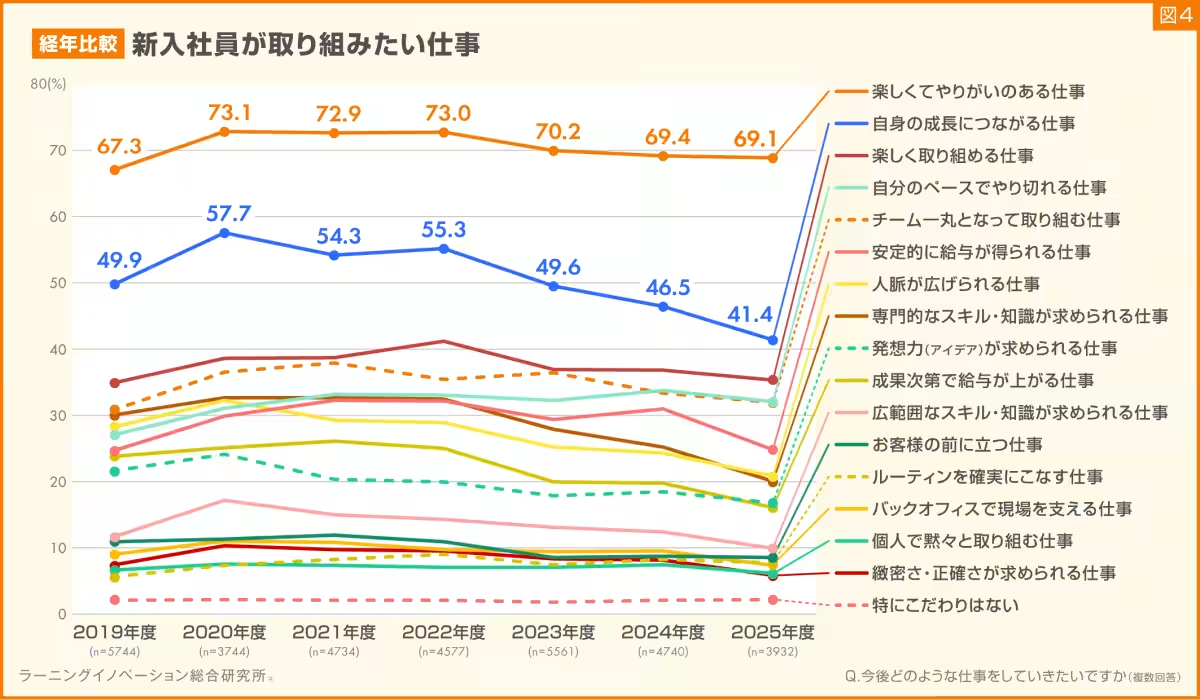
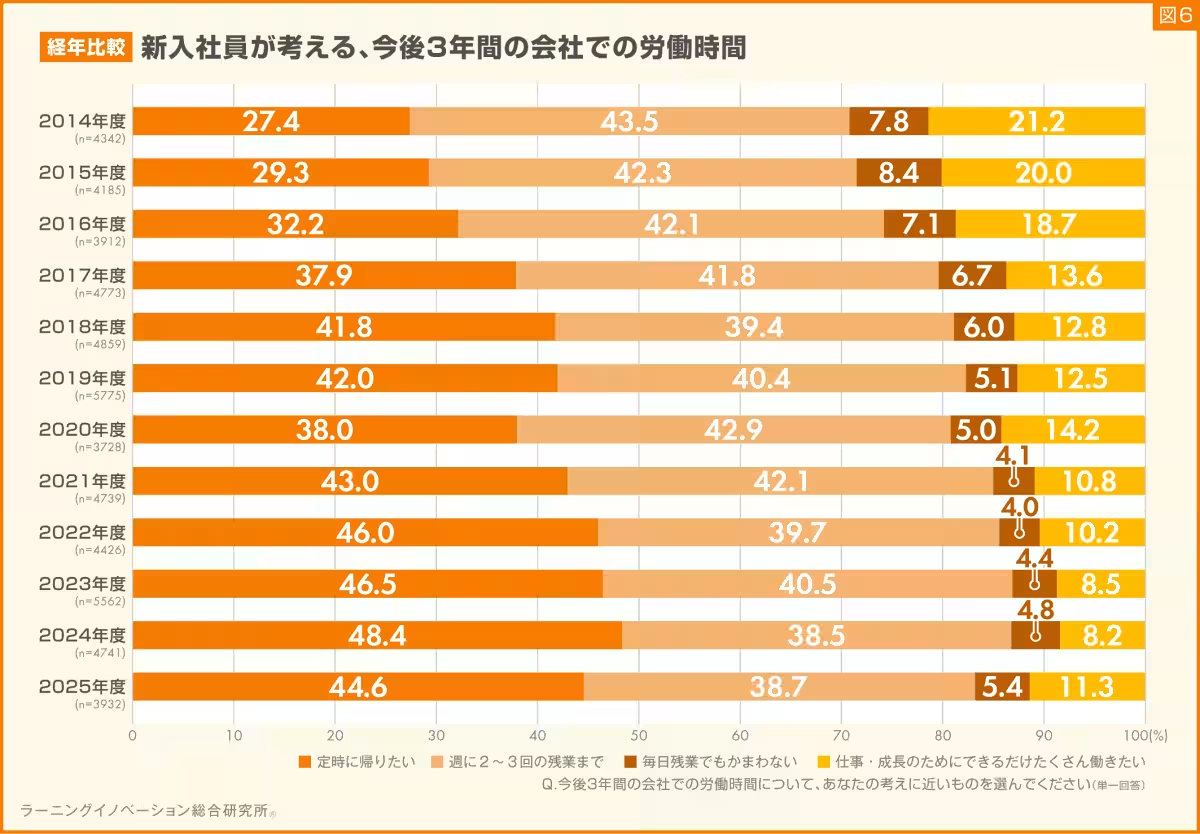
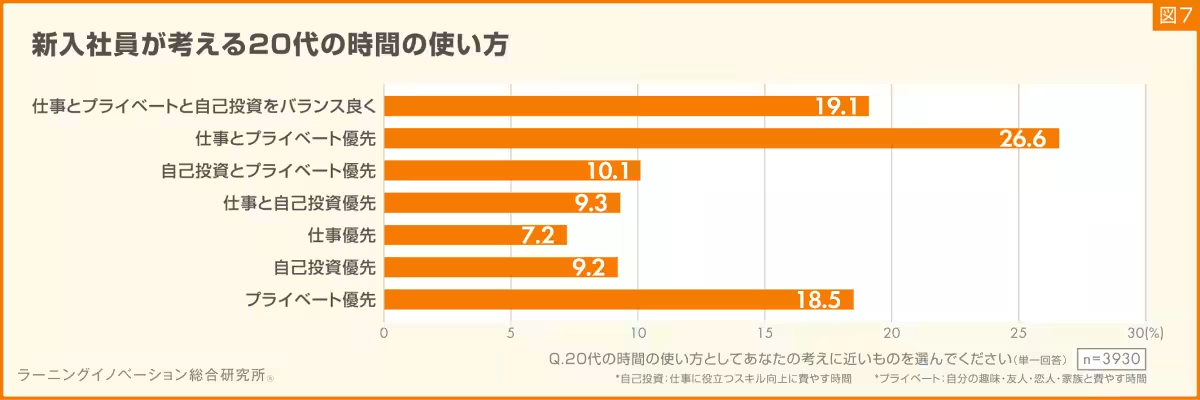
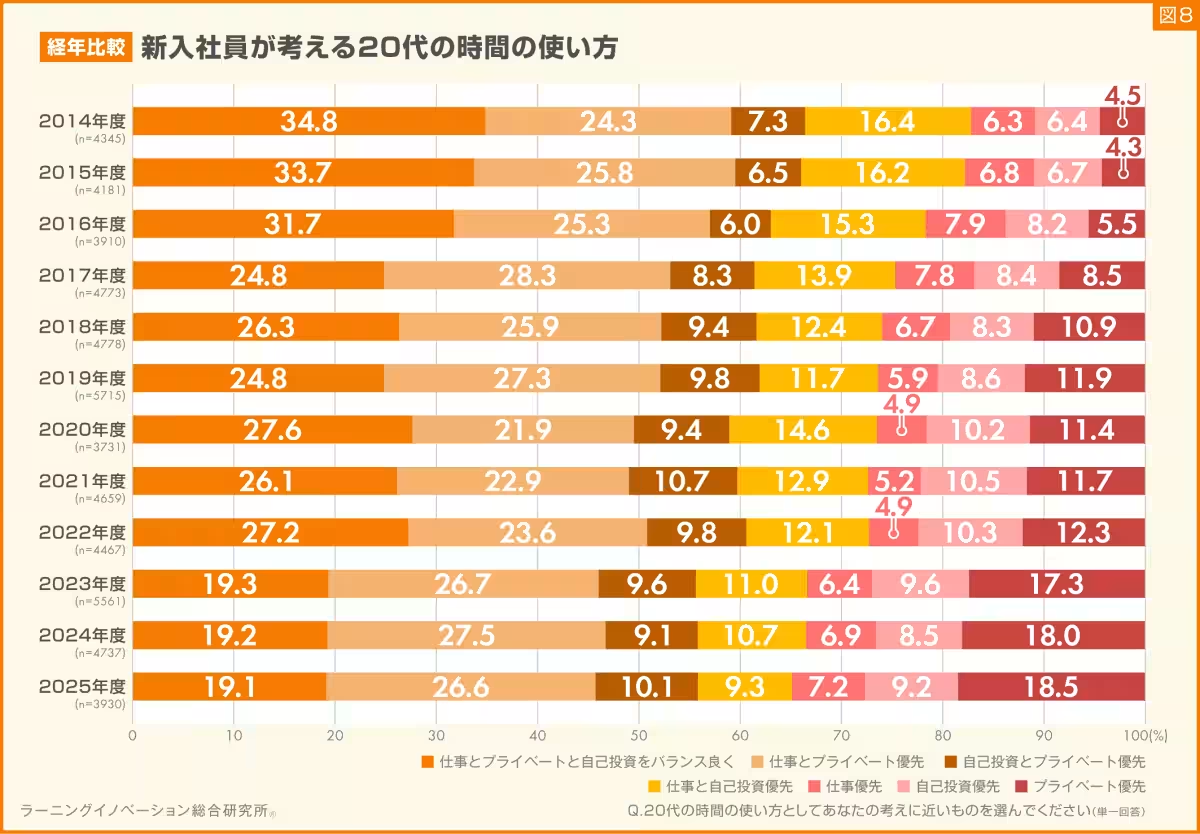
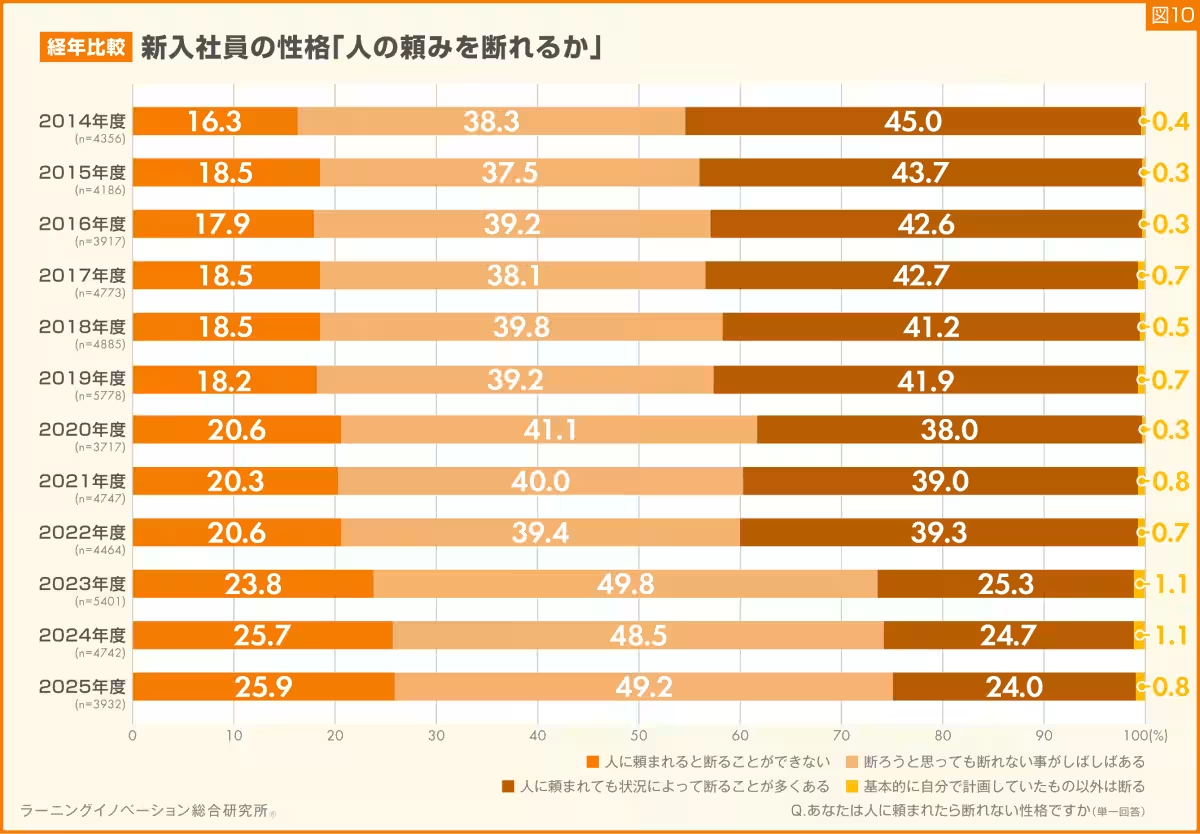
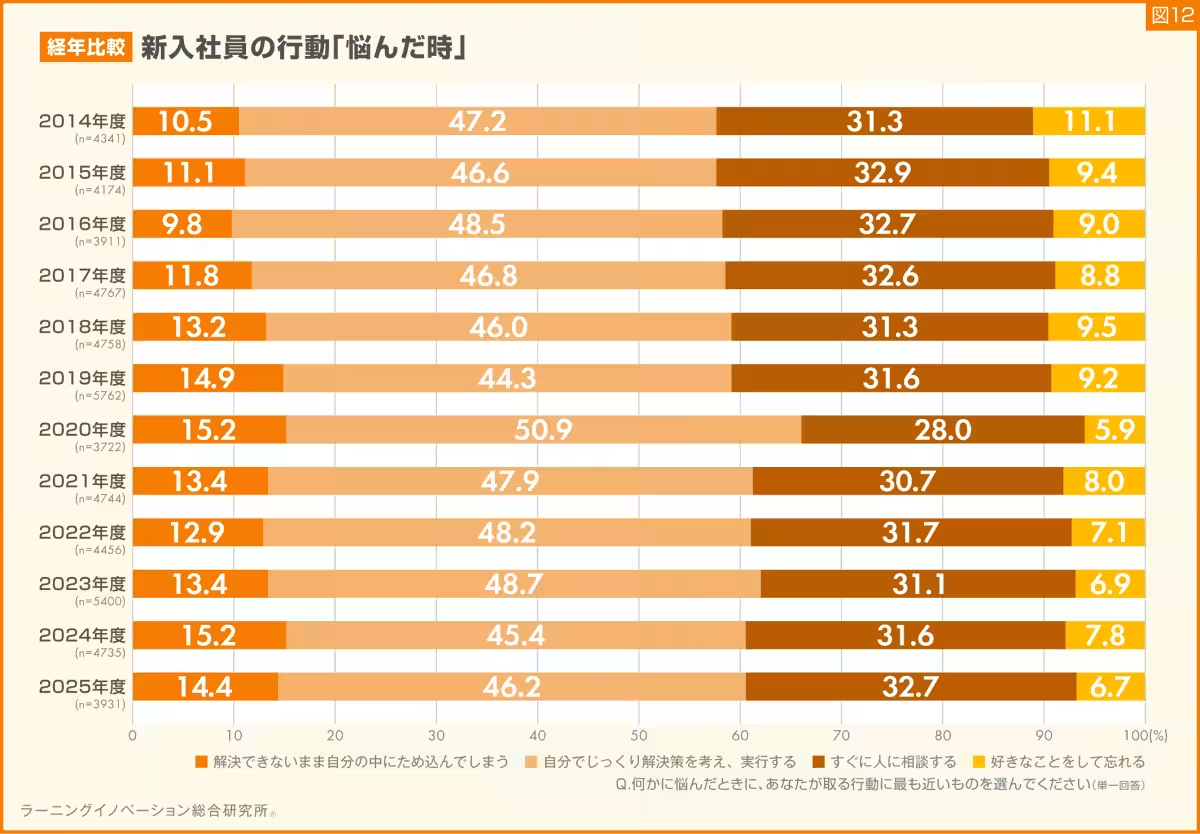
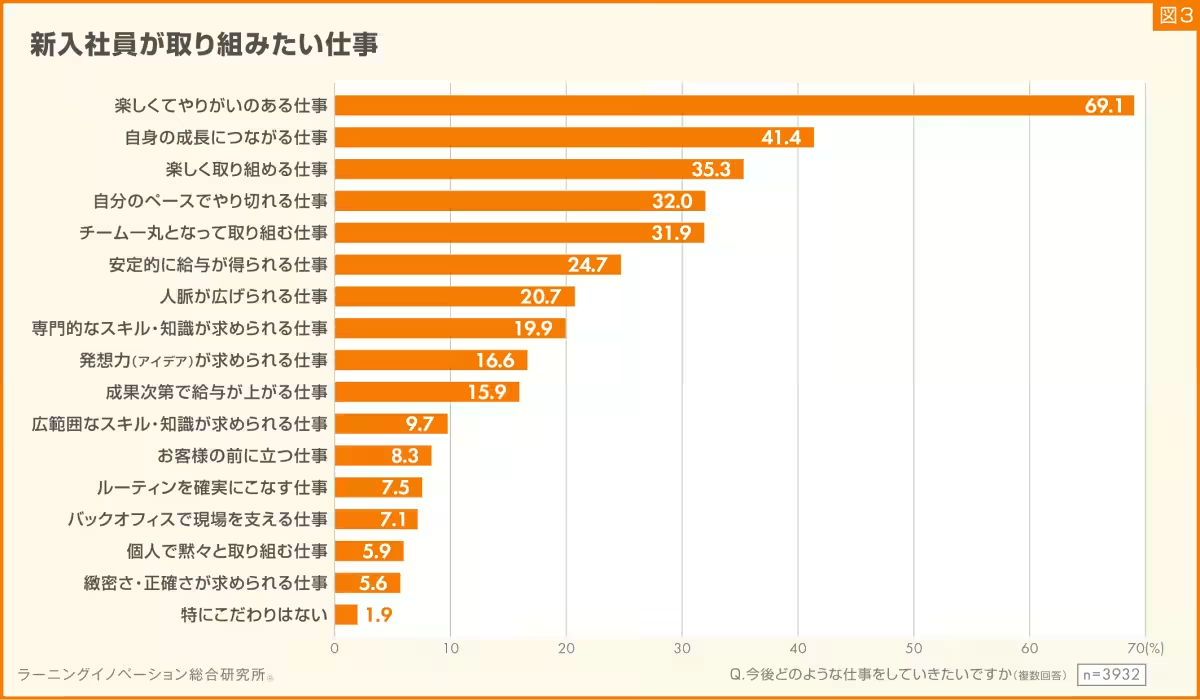


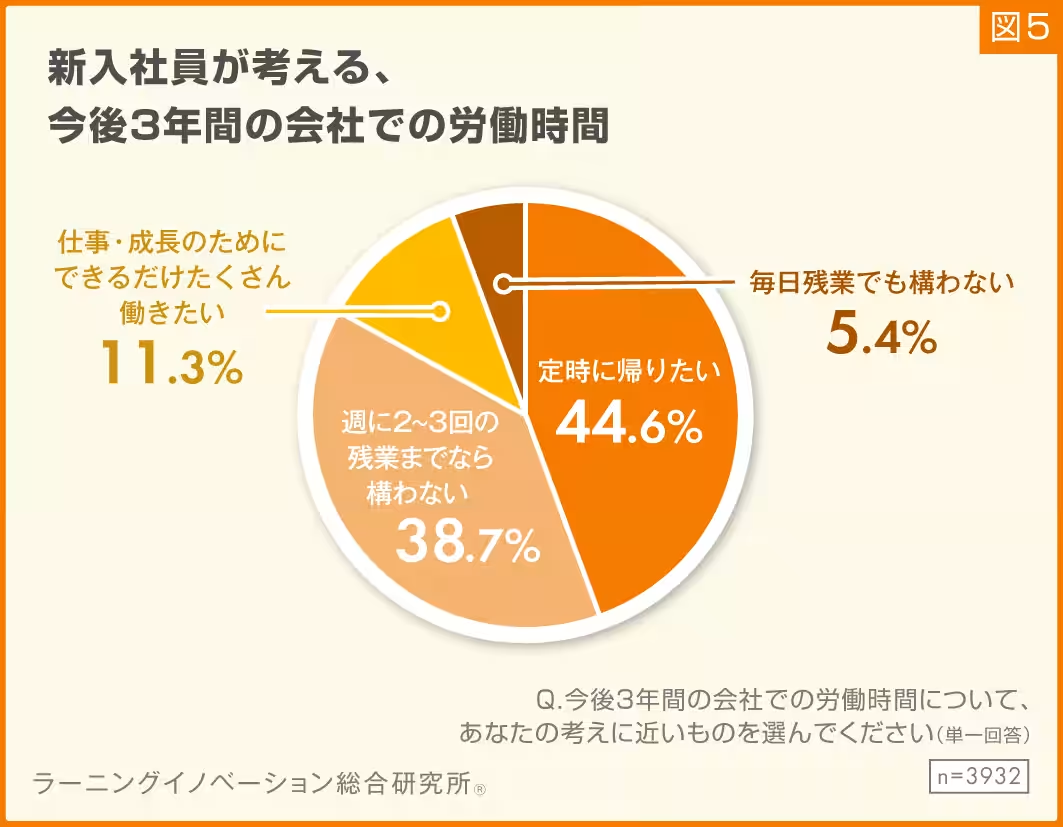
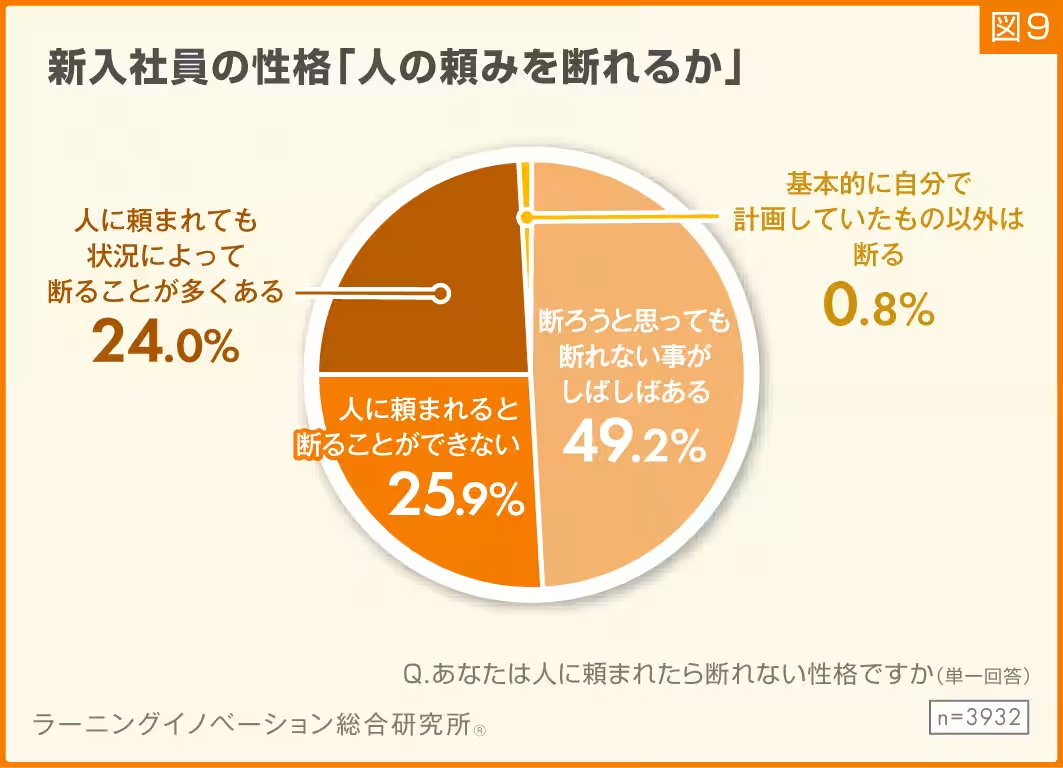
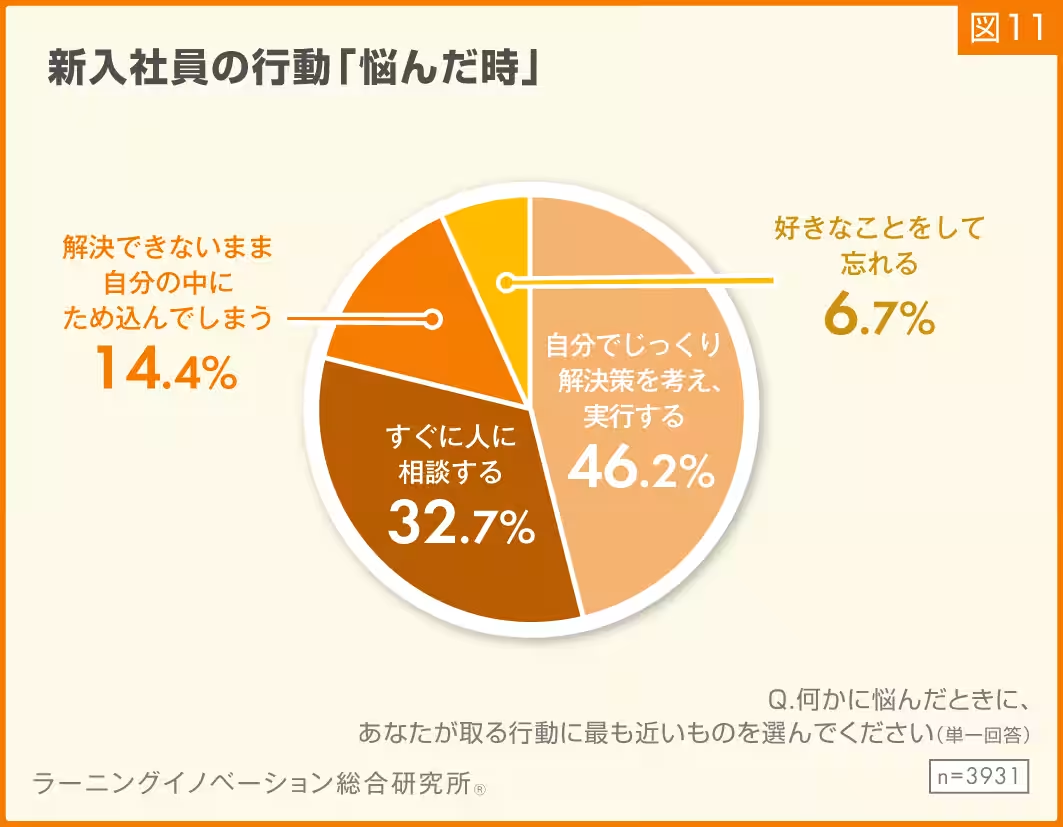
Topics People & Culture)










【About Using Articles】
You can freely use the title and article content by linking to the page where the article is posted.
※ Images cannot be used.
【About Links】
Links are free to use.